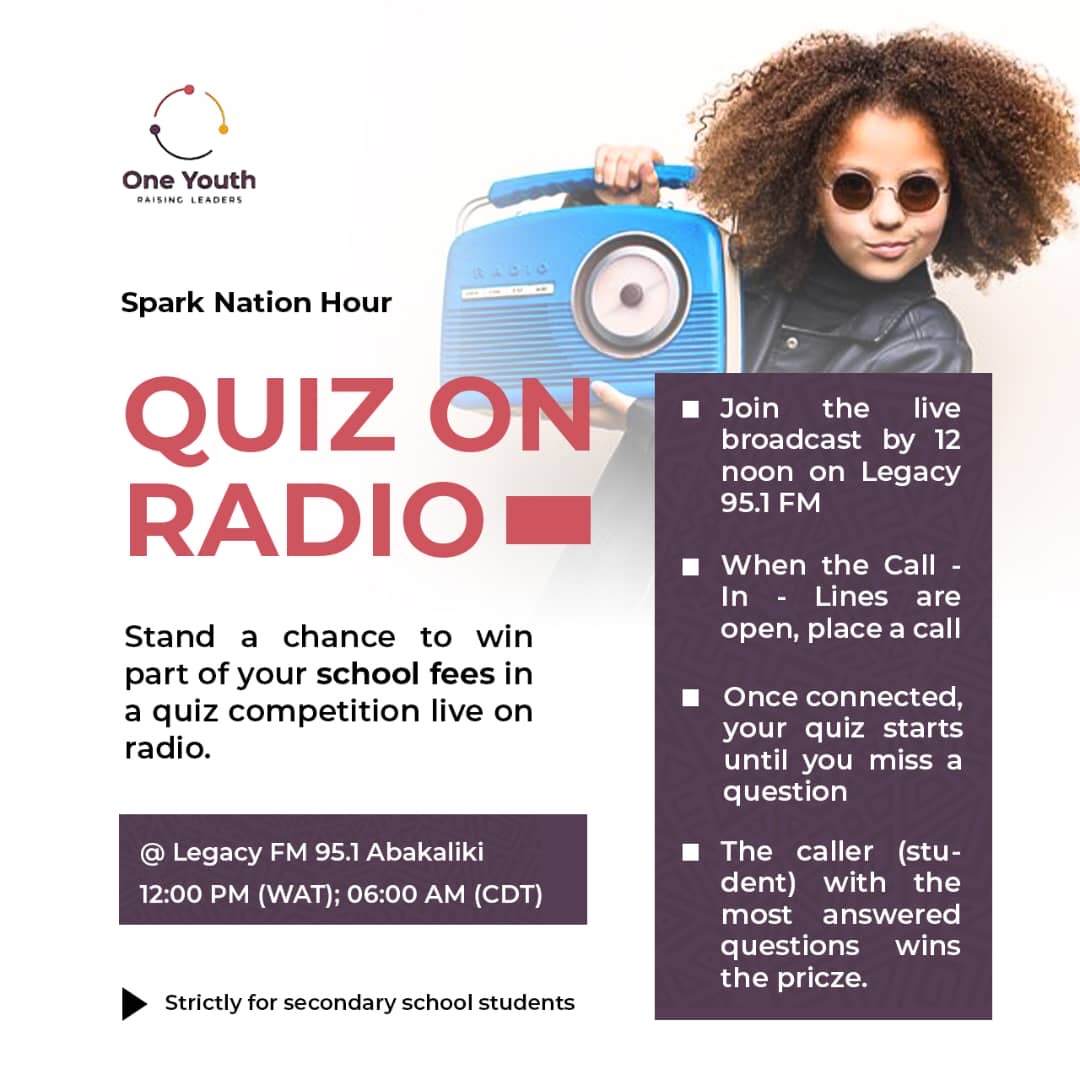Over the past decade, Ebonyi State’s education sector has experienced both progress and persistent setbacks. While efforts have been made to improve access to education, the quality of that education continues to face serious challenges. The foundation of the system remains shaky, burdened by overcrowded classrooms, underqualified teachers, and learning environments that are far from ideal. One of the major contributing factors has been the prolonged neglect of teacher recruitment, leading to a widening gap between the number of students and available educators.
In terms of access, the state has recorded significant developments. A key area of investment has been infrastructure. The remodeling of 39 secondary schools into model institutions stands as a testament to the government’s commitment to enhancing the educational landscape. These schools are now equipped with modern classrooms, science laboratories, examination halls, and administrative offices—facilities aimed at providing students with a well-rounded learning experience.
The government has also responded to the shortage of teachers by recruiting 1,000 new educators and launching training programs designed to build capacity and improve the standard of teaching. In the area of higher education, the state introduced scholarship programs to assist students pursuing degrees both locally and internationally.
For the 2024/2025 academic year, 745 students were awarded scholarships to study in Nigerian institutions and in the United Kingdom. These initiatives reflect the government’s desire to empower its young population with the knowledge and skills required for future leadership and innovation.
However, while these efforts point to some level of progress, the question of quality still lingers. A curriculum reform initiative has been introduced, with the state pledging to align its system more closely with the national curriculum. This is expected to elevate educational standards and ensure students receive a more robust and comprehensive education. But structural problems continue to undermine these reforms.
Teacher shortages remain a major issue, with an estimated gap of 3,000 educators across the state. This shortfall has contributed to Ebonyi reportedly having the highest number of out-of-school children in southern Nigeria. Compounding this challenge is the deplorable condition of many public schools, which suffer from: leaking roofs, broken classrooms, and a lack of basic teaching and learning materials. These harsh conditions create an unconducive environment for learning and limit both student engagement and academic achievement.
Despite being the sector with the highest budgetary allocation—₦70.14 billion in the most recent budget—education in Ebonyi still suffers significant setbacks. Rural areas, in particular, face deeper challenges, with greater shortages in teaching staff and infrastructure. Urban-rural disparities continue to widen the gap in educational outcomes across the state.
To its credit, the government has not been entirely inactive. In 2024, it introduced various initiatives such as upgrading 39 secondary schools and launching programs like the Spelling Bee competition to promote academic excellence. While these actions signal some level of dedication, their long-term impact remains uncertain, and their effectiveness has yet to be fully assessed.
Ultimately, the state still grapples with the question: is there true access to quality education in Ebonyi? While access has improved in some respects, quality continues to lag behind. For meaningful progress to occur, there must be greater transparency and accountability in budget implementation.
Funds allocated for education must be tracked to ensure they are used effectively. Project supervisors should be held accountable, with regular monitoring and evaluations to guarantee that standards are upheld.
Moreover, collaboration with private individuals, NGOs, and corporate organizations can play a critical role in supplementing government efforts. Until all stakeholders, especially those in charge, take their roles seriously and commit to excellence in execution—even in the smallest of details—education in Ebonyi will remain a diluted version of what it should be: bland, underwhelming, and far from transformative.
Got insights on politics, economy, governance, or society? Share your perspective! Submit your opinion pieces and contribute to meaningful discussions. Send your submissions to ebonyinews.ng@gmail.com.


70 Billion is really wild, i wonder if it’s a bluff